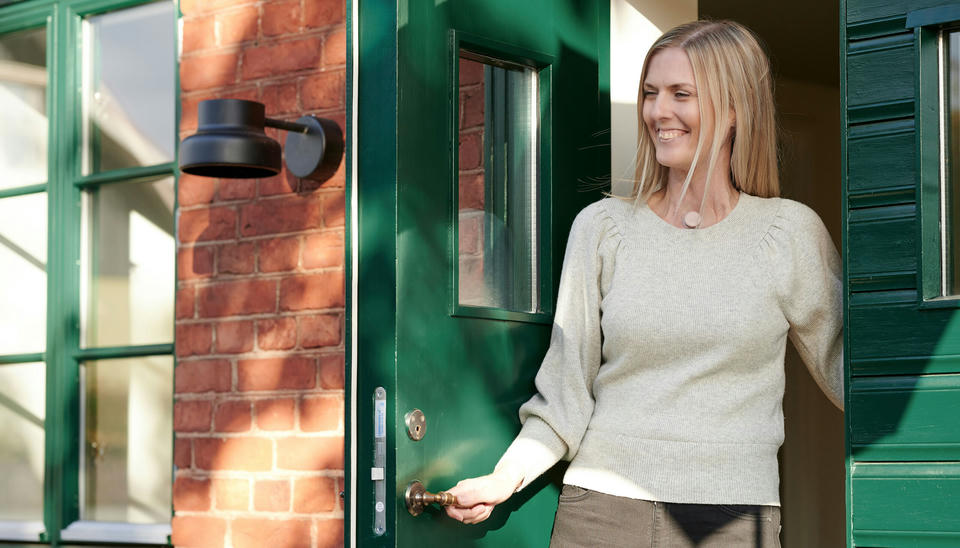A laryngectomy guide
The basics to get started
A total laryngectomy is a surgery performed in the advanced stages of cancer. The procedure involves removing your voice box – also called the larynx. After a laryngectomy, breathing happens via an opening in the neck instead of the nose and mouth.
Undergoing a total laryngectomy can be an overwhelming experience, but you shouldn’t feel isolated. There are more than 100,000 people worldwide that have undergone the same operation and proven it’s possible to maintain your quality of life.
How to prepare for a laryngectomyWhat is a total laryngectomy?
A life-changing surgery
The larynx plays several important roles. It houses the vocal folds that make our voice sound. The larynx also helps us to breathe and swallow. Therefore, removal of the voice box not only leads to changes in the voice, but also changes in breathing, swallowing, and smelling.
How to prepare for a laryngectomyLaryngectomy products
Life after laryngectomy
Before total laryngectomy
Before surgery, you would breathe through your nose, mouth and throat – or what is known as the ‘upper airways’ .
After total laryngectomy
After a laryngectomy, breathing happens via an opening in the neck instead of the nose and mouth.
Living with a laryngectomyA new way of breathing
Breathing after laryngectomy
The function of your nose
Your nose does more than just smell – it heats, humidifies, and filters the air you breathe. In this way, you can be sure the air is at the right body temperature and contains enough moisture when it reaches your lungs for them to function properly.
After your total laryngectomy, you will breathe through the stoma in your neck so these nasal functions are lost. Breathing through an open stoma causes the temperature and humidity in your lungs to drop. The lungs react to this by producing more mucus, meaning you have to cough more (similar to having a cold) and your windpipe can feel irritated.
Breathing products
Your new voice
Speaking after laryngectomy
We rely on our voices to express our thoughts and feelings. Losing your natural voice can initially be quite upsetting, and impact your ability to communicate as well as your sense of identity. But the good news is that there are several ways to regain your voice.
There are basically three voicing methods that can be learned after surgery with the help of your speech therapist: speech with a voice prosthesis (tracheoesophageal speech), using an electrolarynx and esophageal speech.
The sense of smell and taste
Learning to smell and taste again
Enjoying flavors is an important part of having a meal. Your food will taste different without the air coming through your nose with the added scents. Tasting your food and smelling other fragrances is something you can learn again, it is just a matter of technique. Basically, it is like yawning with your mouth closed. The technique is called a ‘polite yawn’ and if you would like to learn more about it, please contact us.
Help others through a laryngectomy
Make an impact
Do you want to help other laryngectomees?
join our community














